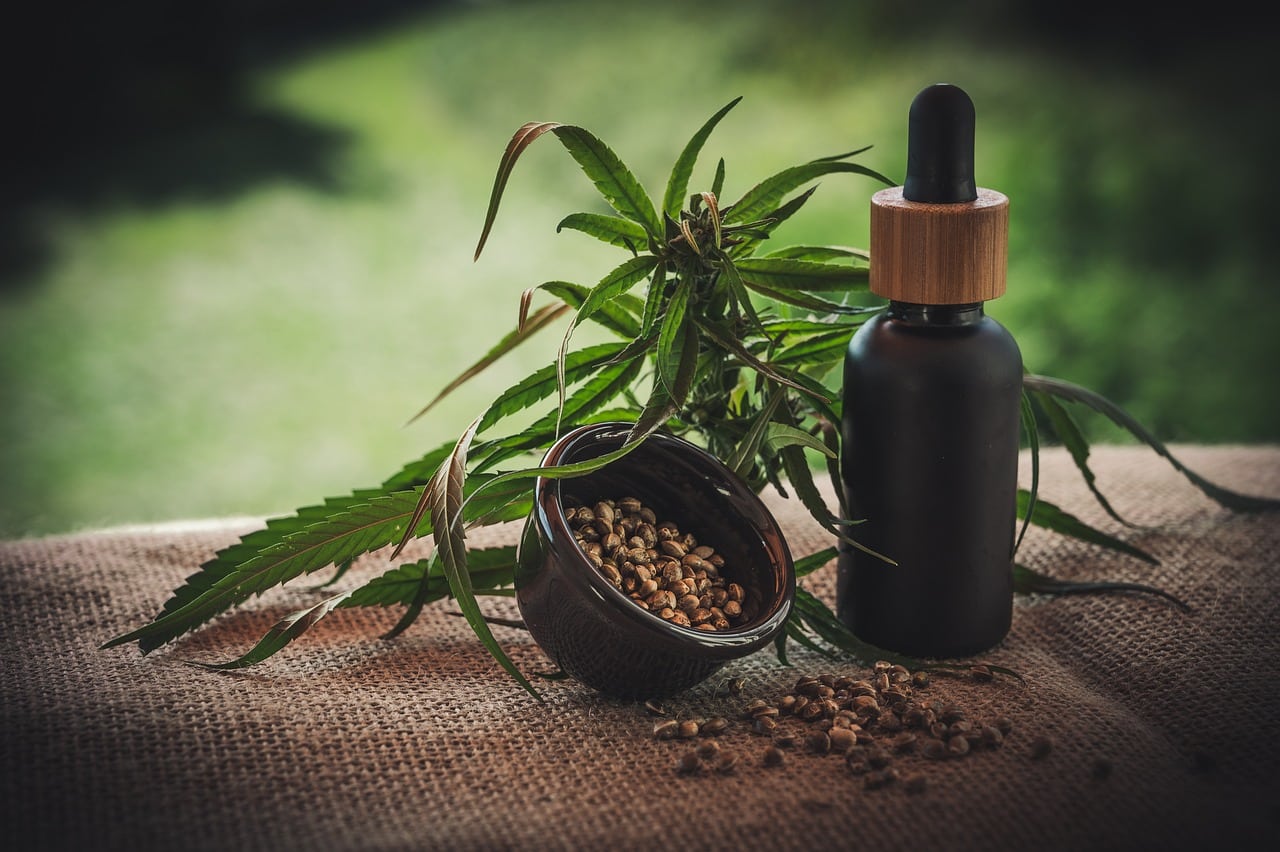In a world where stress and anxiety seem to be constant companions, the quest for natural solutions to enhance mental well-being has never been more pressing. Enter CBD, a compound derived from the hemp plant that has captured the attention of researchers and wellness enthusiasts alike. Recent studies suggest that CBD may play a significant role in brain plasticity—the brain’s ability to adapt and reorganize itself. This fascinating connection between CBD and brain health opens up new avenues for those seeking to improve their mental resilience and overall wellness.
At Wonder Leaf CBD, we are committed to providing premium, natural CBD products that empower individuals on their wellness journeys. Our focus on quality and transparency ensures that you can trust the science behind our offerings. In this article, we will explore the impact of CBD on brain plasticity, highlighting key research findings and practical insights that can help you harness the potential of this remarkable compound.
The Science of Brain Plasticity
Brain plasticity, or neuroplasticity, refers to the brain’s remarkable ability to change and adapt throughout a person’s life. This process is crucial for learning, memory, and recovery from injury. Neuroplasticity occurs at various levels, from cellular changes to large-scale cortical remapping. Factors such as age, experience, and environment can influence this adaptability.
Understanding how neuroplasticity works is essential for appreciating how CBD might impact brain function. For instance, when we learn something new or have a novel experience, our brains form new connections between neurons. This ability to rewire itself is what allows us to grow and adapt. However, factors like chronic stress or trauma can hinder this process, leading to cognitive decline or mental health issues.
How CBD Interacts with the Endocannabinoid System
To grasp the potential effects of CBD on brain plasticity, it’s important to understand its interaction with the endocannabinoid system (ECS). The ECS is a complex network of receptors and neurotransmitters that plays a vital role in regulating various physiological processes, including mood, memory, and stress response.
CBD interacts with the ECS primarily by influencing the CB1 and CB2 receptors. While CB1 receptors are predominantly found in the brain and central nervous system, CB2 receptors are more common in the peripheral nervous system. By modulating these receptors, CBD may help promote a state of balance within the brain, potentially enhancing neuroplasticity.
Research Insights: CBD and Neuroplasticity
Recent studies have begun to shed light on the relationship between CBD and neuroplasticity. For example, research published in the journal *Neuropsychopharmacology* found that CBD administration led to increased levels of brain-derived neurotrophic factor (BDNF), a protein that supports neuron growth and survival. Higher BDNF levels are associated with improved learning and memory capabilities.
Another study conducted by researchers at the University of São Paulo demonstrated that CBD could enhance synaptic plasticity in animal models. This suggests that CBD may facilitate the brain’s ability to adapt to new information and experiences, potentially benefiting those dealing with cognitive impairments or mental health challenges.
Benefits of CBD for Mental Health
The implications of these findings are profound for individuals seeking natural solutions for mental health challenges. Here are some potential benefits of incorporating CBD into your wellness routine:
- Stress Reduction: A soothing drop of CBD oil can help ease tension after a long day, promoting relaxation.
- Improved Sleep Quality: Many users report better sleep patterns when using CBD, which is essential for cognitive function.
- Enhanced Focus: By reducing anxiety and promoting calmness, CBD may help improve concentration and productivity.
- Support for Mood Regulation: Regular use of CBD may assist in stabilizing mood swings and enhancing emotional resilience.
- Neuroprotection: The neuroprotective properties of CBD may help safeguard against cognitive decline associated with aging or stress.
How to Incorporate CBD into Your Routine
If you’re considering adding CBD to your wellness regimen, here are some practical tips:
- Start Low and Go Slow: Begin with a low dose of CBD and gradually increase it until you find what works best for you.
- Choose Quality Products: Opt for premium products like those offered by Wonder Leaf CBD, which prioritize transparency and quality.
- Consider Your Needs: Whether you’re looking for stress relief or improved sleep, select a product that aligns with your specific goals.
- Be Consistent: Regular use may yield better results; consider incorporating CBD into your daily routine.
- Consult a Professional: If you have existing health conditions or are taking medications, consult with a healthcare provider before starting CBD.
A Closer Look at Wonder Leaf CBD Products
At WonderLeaf, we take pride in offering a range of high-quality CBD products designed to support your wellness journey. Our commitment to transparency means you can trust that our products are made from premium hemp extracts without harmful additives. Here’s a quick overview of our offerings:
| Product Type | Main Benefits | Suggested Use | CBD Content |
|---|---|---|---|
| CBD Oil Tinctures | Stress relief, improved sleep | 1-2 drops under the tongue | 300mg – 1500mg |
| CBD Gummies | Tasty stress relief on-the-go | 1-2 gummies as needed | 10mg per gummy |
| CBD Topicals | Pain relief, skin health | Apply directly to affected area | 500mg – 1000mg |
| CBD Capsules | Convenient daily support | 1 capsule daily | 25mg per capsule |
The Future of CBD Research
The research surrounding CBD and its effects on brain plasticity is still in its early stages. However, the initial findings are promising and suggest that CBD could be a valuable tool for enhancing mental well-being. As more studies emerge, we can expect to gain deeper insights into how this compound can support cognitive health and resilience.
FAQs About CBD and Brain Plasticity
1. Can CBD really improve brain function?
While research is ongoing, studies suggest that CBD may enhance neuroplasticity and support cognitive function through its interaction with the endocannabinoid system.
2. How long does it take for CBD to work?
The effects of CBD can vary based on individual factors such as metabolism and dosage. Many users report feeling effects within 30 minutes to 2 hours after consumption.
3. Is CBD safe to use daily?
CBD is generally considered safe for daily use; however, it’s essential to start with a low dose and consult with a healthcare professional if you have concerns.
4. Will CBD make me feel high?
No, CBD does not produce psychoactive effects like THC (tetrahydrocannabinol). It is non-intoxicating and is often used for its therapeutic benefits without altering mental clarity.
5. How do I choose the right CBD product?
Select products based on your specific needs—whether for stress relief, sleep improvement, or pain management—and ensure they come from reputable brands like WonderLeaf that prioritize quality.
Conclusion
The exploration of CBD’s impact on brain plasticity reveals exciting possibilities for enhancing mental well-being. With its potential to promote neuroplasticity and support cognitive function, CBD offers a natural solution for those seeking balance in their lives. At Wonder Leaf CBD, we are dedicated to providing high-quality products that empower you on your wellness journey. Our commitment to transparency ensures you can trust the science behind our offerings.
If you’re ready to take the first step toward a balanced, healthier life, explore our collection of premium, science-backed products today! Discover how quality makes all the difference with Wonder Leaf CBD!



